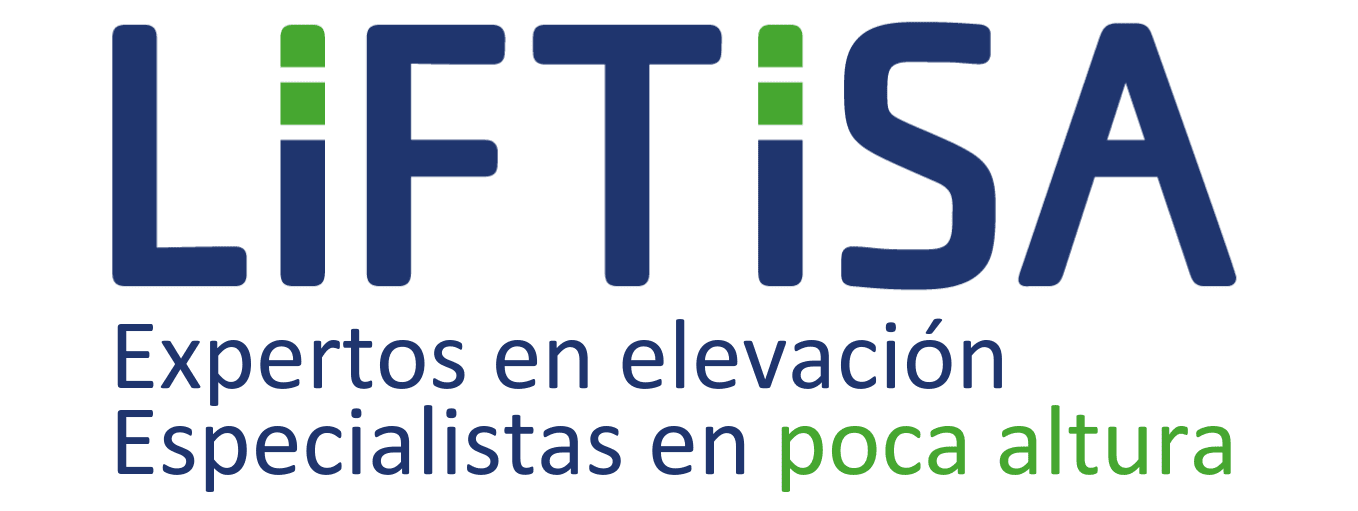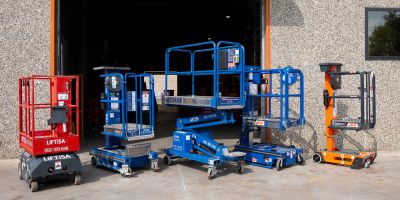The artificial intelligence (AI) is everywhere, from homes to data centers. Now, AI is entering the world of construction. What does this mean for construction workers and, in particular, for those who work with lifting platforms? One of the concerns of workers is whether artificial intelligence can replace their work in construction.
Tabla de contenido
The use of artificial intelligence in construction work
Artificial intelligence (AI) is a technology that is increasingly being used in different sectors, including construction. In construction, AI is used to improve efficiency, project planning and early problem detection.
The role of aerial work platforms and AI
Although aerial lifts are not directly related to AI, aerial lift rental companies are not directly related to AI. can use AI to improve their services. For example, they can use AI to predict when a customer will need a platform lift and automatically dispatch it, which would improve the customer service and reduce waiting time.
Will AI replace construction workers?
Regarding concerns about how AI will affect construction workers, it is important to keep in mind that construction is an industry that requires unique human skills., such as creativity, decision making and problem solving. In addition, elevating platforms are tools that require supervision and the use of human skills.
Therefore, it is unlikely that AI will completely replace human workers in construction. In contrast, AI can be used to complementing and improving the work of human workers. For example, AI can be used to perform repetitive or dangerous tasks, allowing human workers to focus on tasks that require uniquely human skills.
Examples of installers’ jobs that can benefit from AI
In the installation of air-conditioning systemsAI can be used to monitor and adjust energy consumption, which can improve the energy efficiency of buildings. In this way, installers can work with more efficient and sustainable HVAC systems, which could increase demand for their services.
In the installation of lighting systemsAI can be used to optimize energy consumption and automatically adjust lighting according to the needs of the space. This can enable installers to work with more intelligent and customized lighting systems, which could increase the quality of their services and improve customer satisfaction.
Examples of installer jobs that may be adversely affected by AI
On the other hand, AI can also have a negative impact on certain installer jobs. For example, the installation of solar panels may be affected by AI if solar panel technology becomes so advanced that they can be installed autonomously. This could reduce the need for solar panel installers, which could reduce demand for their services and affect their work.
In the installation of security systems, AI can have a negative impact if security systems become so advanced that they can be installed and maintained without the need for human intervention.
How to prepare for the impact of AI in construction
Although the impact of AI on construction is still uncertain, it is important for construction workers to prepare for the future. Workers can do so by acquiring additional skills to enable them to work with AI technology.
For example, installers can learn how to use 3D modeling or AI-based project planning software, which would enable them to collaborate with AI. instead of being replaced by it. Workers can also learn how to use technology related to lifting platforms, such as sensors and drones, to improve their work efficiency.
Conclusion
In summary, AI is increasingly being used in construction.but it is unlikely to completely replace human workers. Instead, AI can be used to complement and enhance the work of human workers. The Construction workers can prepare for the future by acquiring additional skills that will enable them to work with AI technology.
In the meantime, aerial work platform rental companies can use AI to improve their services, but elevating platforms will remain tools that require supervision and the use of human skills. At the end of the day, construction will continue to be an industry that requires the collaboration between technology and human skills.



